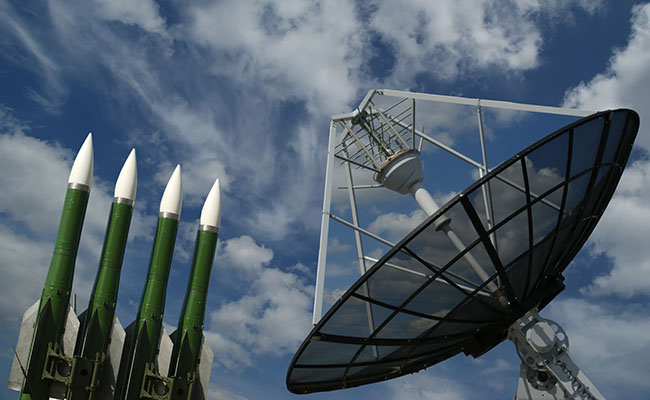The new increase, lower than last year's 10.1%, widens the gap further with the Indian defence budget which stood around $40 billion
Source: PTI

According to a budget report to the national legislature annual session, the government plans to raise the 2016 defence budget by 7.6 % to 954 billion yuan (about $ 146 billion)
March 05, 2016 | 11:20am IST

 According to a budget report to the national legislature annual session, the government plans to raise the 2016 defence budget by 7.6 % to 954 billion yuan (about $ 146 billion)
According to a budget report to the national legislature annual session, the government plans to raise the 2016 defence budget by 7.6 % to 954 billion yuan (about $ 146 billion)
 According to a budget report to the national legislature annual session, the government plans to raise the 2016 defence budget by 7.6 % to 954 billion yuan (about $ 146 billion)
According to a budget report to the national legislature annual session, the government plans to raise the 2016 defence budget by 7.6 % to 954 billion yuan (about $ 146 billion)